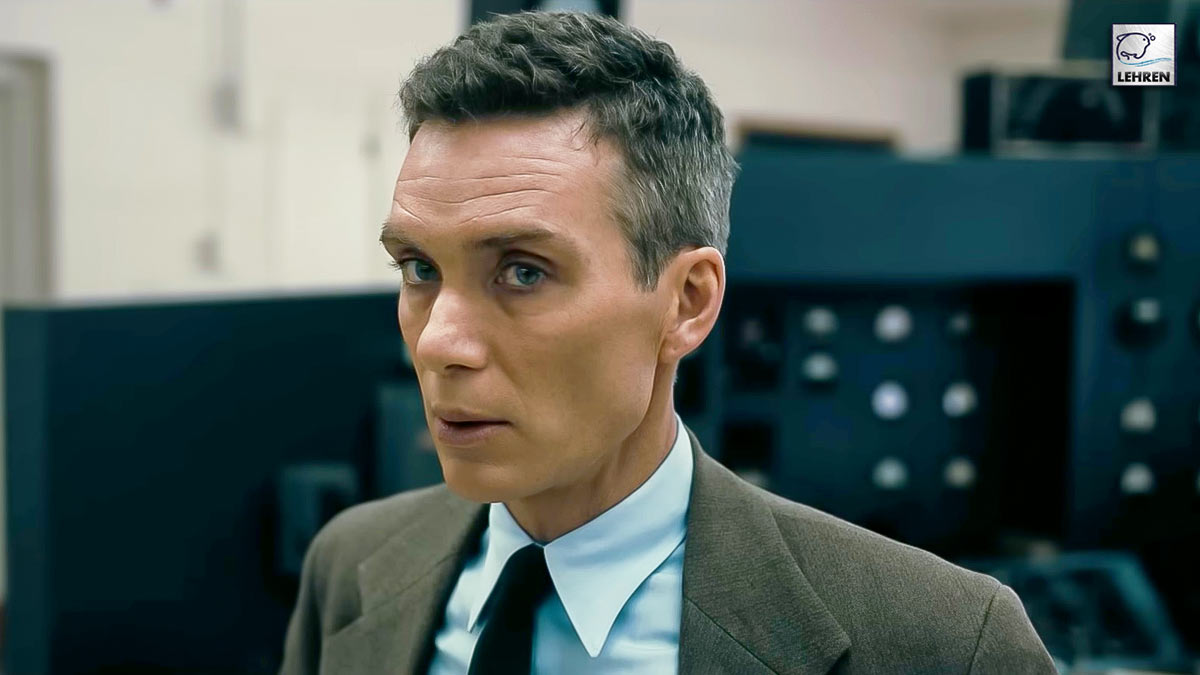Oppenheimer: Historical Objectivity in Political Media
I walked into my theatre tonight, and to my surprise, the place was as packed as I’ve ever seen it. Now, with Barbie playing, I had just assumed that the vast majority of the folks in attendance were there to see the lighthearted comedy, not the 3-hour docudrama about the life of theoretical physicist J. Robert Oppenheimer. To my surprise though, according to the employee working tickets, about 120 people had bought tickets to that showing of Oppenheimer. This is still less than the 150 cited at Barbie, but Oppenheimer had one of the most packed theatres I’ve seen this year.
And it was fully deserving of every ticket.
As I’ve mentioned, Oppenheimer is a movie all about the life of the famous 1940s scientist of that name, but more specifically, the film is about his life’s work and his title as the “father of the atomic bomb.” The film journeys from his life as a college postgrad student in the 1920s to his security hearing during the 1950s, and even brushes upon his receival of the Enrico Fermi Award just years before his death in the 1960s.
Through this sequential storytelling, the film tells the tale of Oppenheimer, as brilliantly played by Cillian Murphy, coming face to face with his morality in the process of developing a weapon designed to kill a large number of humans at once. Through the scenes that show glimpses of Oppenheimer’s increasing cognitive dissonance with brilliant visuals and ambience, the movie does an impeccable job at showing the humanity of the historical figures we all too often see in black-and-white.
And this is what Oppenheimer does best – it shows that every person, despite what history textbooks and political propaganda want you to believe, are human beings. They’re human beings who make decisions not for the sake of being evil, but for, as a character in the film says, the sake of “doing good, at least as he perceives it.” (Paraphrased)
In doing this, Oppenheimer achieves what I’d argue is very rare in modern media. It achieves, at least in its own way, historical objectivity. I’m not an expert in WW2 history by any means, but with the limited knowledge I do have, I can say that Oppenheimer is more faithful to history than 99% of the over-exaggerated docudramas we get today. This isn’t to say that the dramatic nature of a docudrama makes it less truthful, just that a docudrama about nuclear bombs is more deserving of this hyper-dramatic tension than just about any other film of the genre.
Oppenheimer could have made a crucial mistake in trying to achieve its political objectivity, but to my shock, it avoided this mistake entirely. The film deals with a lot of characters who were openly communists. Now, in America, even the most pro-communism age demographics are vastly in favour of capitalism. There’s no valid business reason why the film Oppenheimer should view communists charitably. But it does; it holds the value that people are not all black-or-white. These people believed in a controversial ideology, but they were still morally complex people who wanted to do good as they perceived it.
As for my critical perspective of the other aspects of Oppenheimer, I have just about no complaints. The acting by every single cast member, but especially by Murphy and Robert Downey Jr. was brilliant, the direction and cinematography were unsurprisingly genius from Christopher Nolan, and for a slower-paced 3-hour film, I didn’t find myself bored for a minute.
But most impressively, the sound-design of this film is some of the most breathtaking work I’ve ever seen. The score, which is nearly constantly playing, adds so much emotion to the story at every turn, and the explosive (pun intended) sound effects feel perfect to go along with the heavy subject matter of this grim film.
If I had to give one criticism, I’d say that the constant shifts to flashback are confusing, but even then, I understood it after about twenty minutes.
In its political statement about morality and cognitive dissonance, Oppenheimer doesn’t feel the need to bow down to imperialist America or attack labour unions and socialism. And in holding back on these entirely socially acceptable low-hanging fruit statements, Oppenheimer turns a graciously shot film with nothing to say into a thematically rich lesson on morality and politics.
9/10: Near-Flawless
That’s how you make a docudrama. Until next time, I’ve kept it reel.




